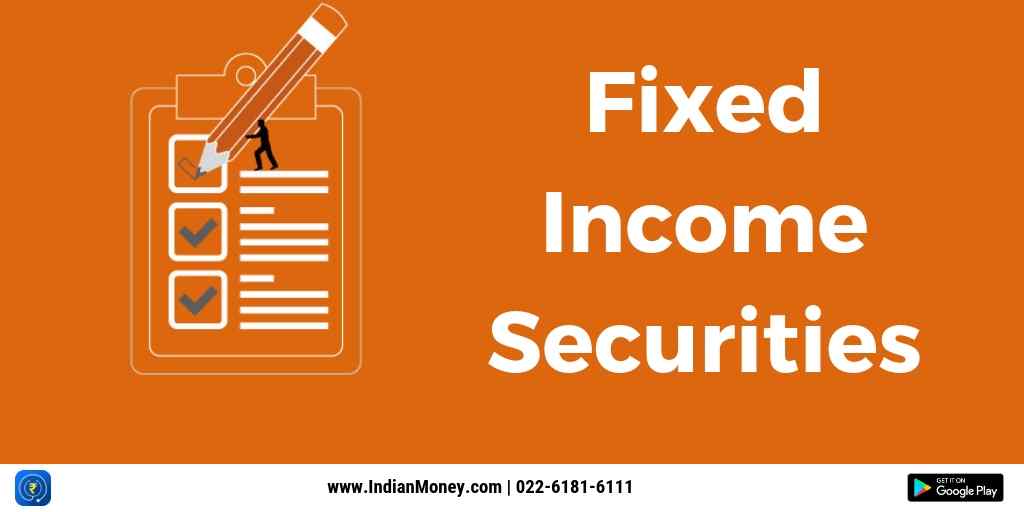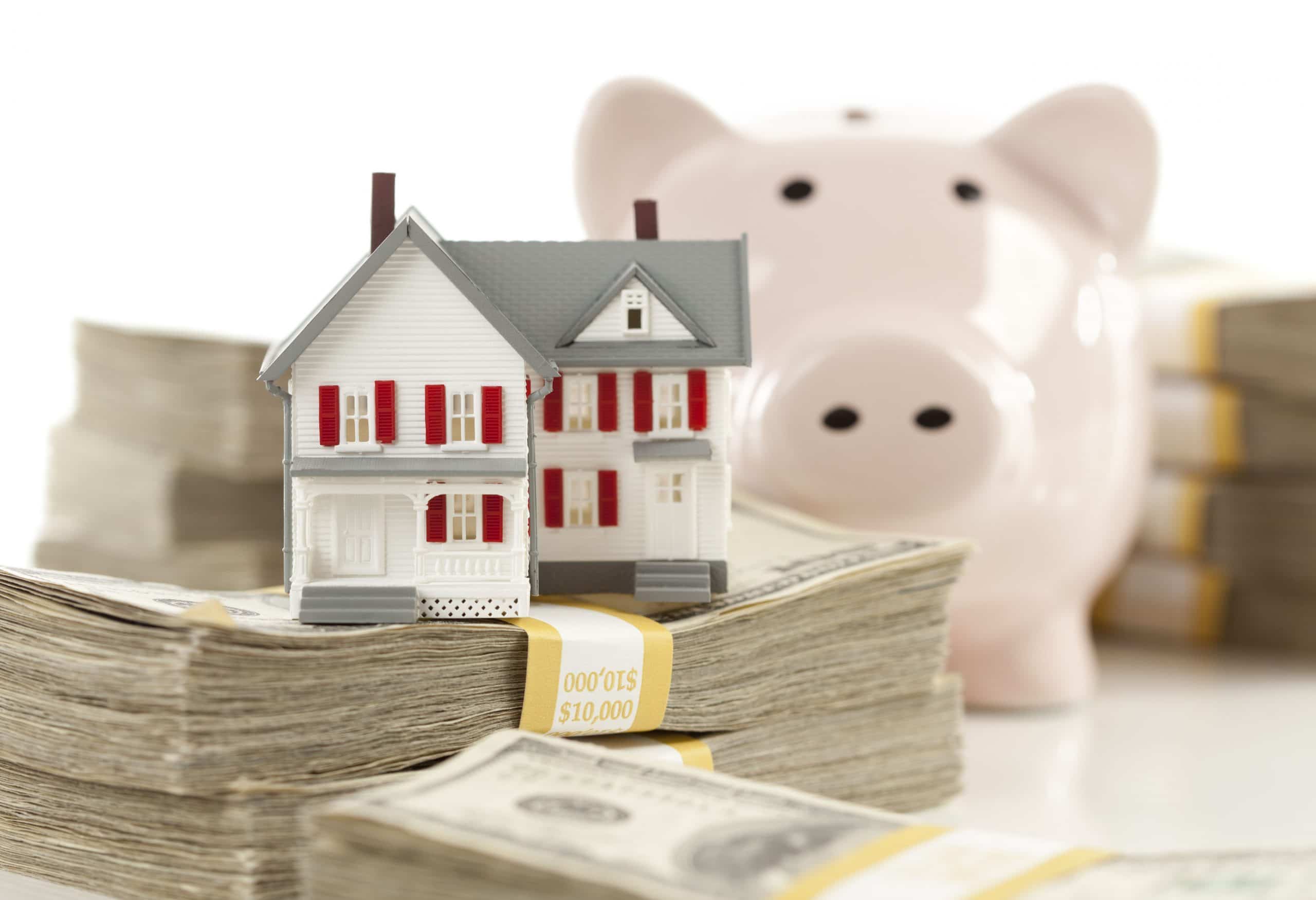Table of Content
A HELOC allows you to borrow up to a set amount for the life of the loan. As you pay off the principal, you can use the credit again like a credit card. A HELOC gives you more options than a fixed-rate home equity loan. There is a difference between home equity loans and home equity lines of credit. Both are called second mortgages because they are backed by your property.

Instead of receiving the loan proceeds upfront in one lump sum, you'll have a line of credit to use as needed, similar to a credit card. You’ll have access to the line of credit during what’s called the draw period and then repay it during the repayment period. Additionally, HELOCs typically have variable interest rates, making them riskier than home equity loans. However, they have lower interest rates than home equity loans, as well as personal loans and credit cards, because you’re using a paid-off house as collateral.
How to apply for a home equity loan
If your account continues to be delinquent, you might be in danger of losing your asset, depending on the lender, the type of loan and the state where you live. Read the fine print in your contract to understand your loan’s payment obligations and check your state’s laws. Lenders will need documents to verify your income, financial holdings and other types of debt. Be prepared to submit documents like pay stubs, W-2s, bank statements, tax documents and mortgage statements.

A home equity line of credit is a type of second mortgage, as is a home equity loan. It works like a credit card that can be repeatedly used and repaid in monthly payments. It is a secured loan, with the accountholder's home serving as the security. Borrowers can choose to receive reverse mortgage proceeds in a lump sum, a line of credit or monthly payments.
Under the Rule, how long do I have to cancel?
When you get a cash-out refinance, they are a beneficial option for those who purchased their home when interest rates were high. With a cash-out refinance, you can get cash upfront while also lowering your monthly mortgage payment if rates have dropped since you bought your home. With a cash-out refinance, you receive funds for the equity in your home, just as you would with a home equity loan. Unlike a home equity loan, you only have one monthly mortgage payment. Loanflippinghappens when the lender encourages you to repeatedly refinance the loan, which often leads you to borrow more money.

For instance, a lender might waive the appraisal requirement if the loan amount is less than $100,000. Also, a full appraisal might not be called for if a recent appraisal accurately reflects the current value of a home. Or a lender might not insist on a full appraisal for a home equity loan, no matter the dollar amount, as long as you meet other requirements . A lender typically restricts the amount you can borrow through a home equity loan to as much as 85% of the equity in your home. The amount of equity is determined by subtracting how much you owe on your mortgage from how much your home is worth.
Table of contents
You'll also want to be sure that this type of loan makes sense before you borrow. Is it a better fit for your needs than a simple credit card account or anunsecured loan? These other options might come with higher interest rates, but you could still come out ahead by avoiding the closing costs of a home equity loan. If you’re buying a home with a mortgage or refinancing, the mortgage lender needs to be confident you’re going to be able to repay the funds. A borrower who owns their property free and clear may decide to take out a loan against the home’s value. In this case, the lender making the home equity loan is considered a first lienholder.

If the lender doesn’t claim the money or property within 20 days, you can keep it. You’ve opened all your gifts, and now it’s time to open those post-holiday credit card statements. If you were a little too jolly with your holiday spending, here are some tips to help you pay down your credit card debt. The offers that appear on this site are from companies that compensate us.
Cons of a home equity loan
Also, the rate offered by the lender—just as with a home equity loan—depends on your creditworthiness and how much you’re borrowing. Because both home equity loans and HELOCs use your home as collateral, they usually have much better interest terms than personal loans, credit cards, and other unsecured debt. Racking up credit card debt can cost you thousands in interest if you can’t pay it off, but becoming unable to pay off your HELOC or home equity loan can result in losing your home.

Consider your financial circumstances to determine whether the advantages outweigh the disadvantages. Bait-and-switchhappens when the lender offers one set of terms when you apply, then pressures you to accept higher charges when you sign to complete the deal. You may get the disclosure and two copies of the right to cancel notice at your closing. But if you get the disclosure form and the two copies of the notice before or after the closing, Day One begins on when the last of the three things happened. So if the closing happens on a Friday, and if that was the last thing to happen, you have until midnight on Tuesday to cancel.
Learn the requirements for a second mortgage and how to apply. Home equity is the calculation of a home's current market value minus any liens attached to that home. Investopedia requires writers to use primary sources to support their work. These include white papers, government data, original reporting, and interviews with industry experts.

These charges may not be refundable if you refinance or pay off the loan early. Points usually are paid in cash at closing, but may be financed. If you finance the points, you'll have to pay additional interest, which increases the total cost of your loan. Planning ahead can help ensure you are financially capable of repaying your HELOC and your mortgage at the same time.

No comments:
Post a Comment